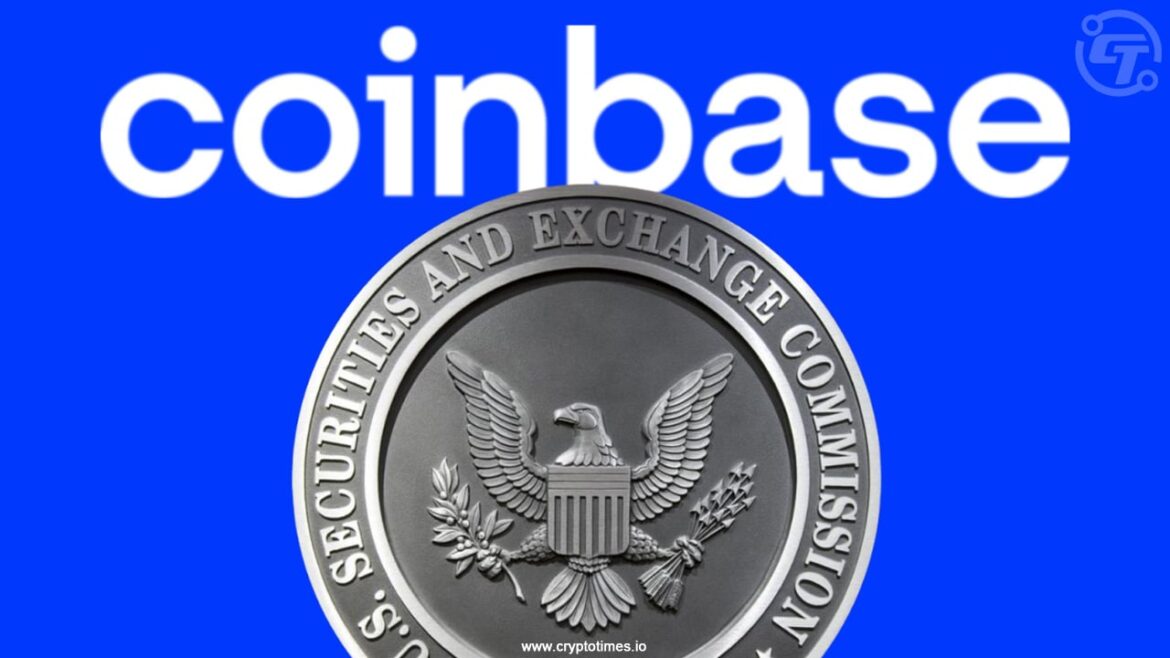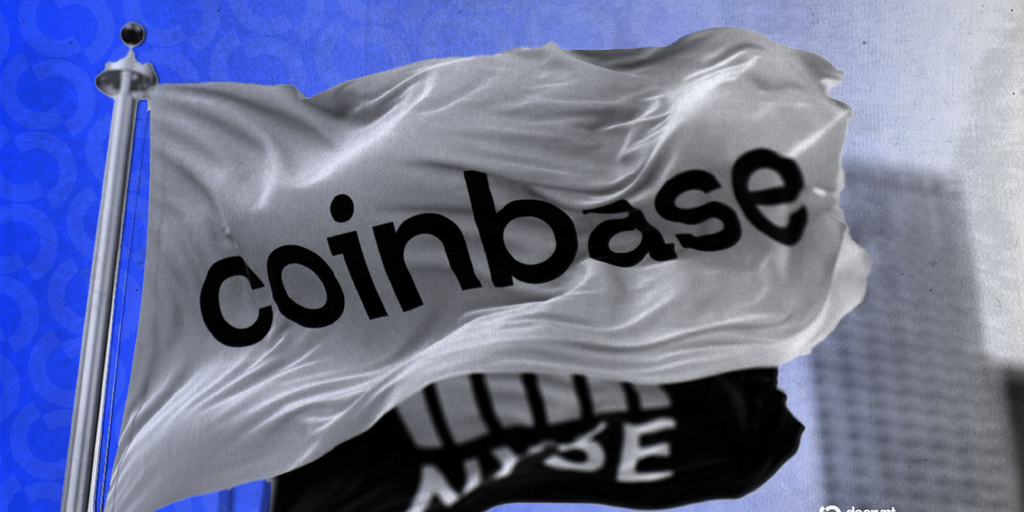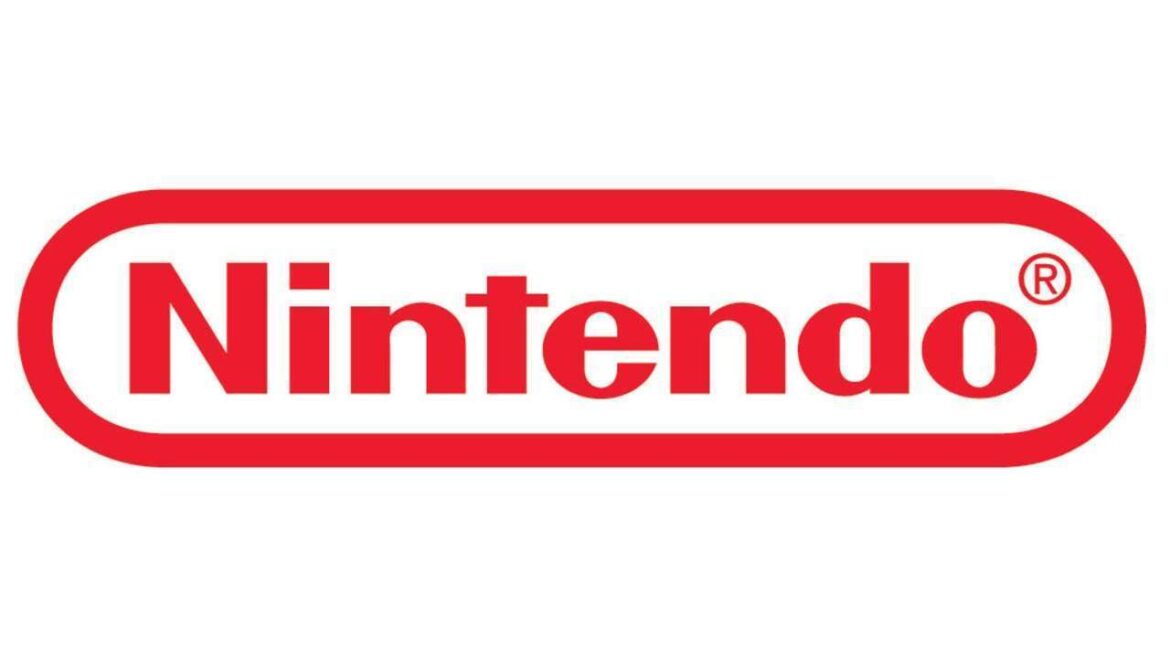In brief
- A California judge dismissed a class-action lawsuit against Yuga Labs, ruling that Bored Ape Yacht Club NFTs are not securities.
- The judge found key differences from other NFTs plausibly deemed securities, noting Bored Ape buyers used third-party marketplaces, and that creator royalties weakened financial ties between Yuga and holders.
- The ruling gives Yuga Labs a major legal win, though Bored Ape prices remain far below their peak.
A federal judge in California has tossed out a class-action lawsuit against Yuga Labs, creator of the once-dominant Bored Ape Yacht Club NFT collection, ruling that the digital collectibles cannot be considered securities.
The Los Angeles-based judge, Fernando M. Olguin—who was appointed to the bench in 2013 by former president Barack Obama—ruled Thursday that Bored Ape NFTs fail to meet several criteria of the test used to determine the security status of financial transactions.
Olguin ruled Bored Ape NFTs should be considered different from other NFT collections previously found to have plausibly constituted securities—particularly Dapper Labs’ NBA Top Shot NFTs and DraftKings NFTs—-given plaintiffs purchased Bored Apes on third-party marketplaces like OpenSea and Coinbase, and not on a marketplace controlled by the NFT issuer.
Bored Ape NFTs fail to trigger the necessary “common enterprise” prong of the test used by courts to determine whether an asset is a security, Olguin determined.
“In sum, plaintiffs have not alleged the type of ‘interplay’ between the alleged securities and proprietary ‘ecosystem’ that underpinned the logic of Dapper Labs and DraftKings, and therefore have not adequately alleged horizontal commonality,” he wrote.
The judge further found that Yuga Labs’ collection of a creator royalty fee on every Bored Ape sale suggests “a de-coupling of [plaintiffs’] fortunes from those of defendants, who stood to gain even if plaintiffs sold their own NFTs at a loss.” NFT issuers rely on creator royalties as a form of revenue, collecting a baked-in fee—sometimes upwards of 10%—each time the collectible token is bought and sold.
The court’s logic contrasts sharply with legal arguments made by the SEC during the Biden administration—particularly that creator royalties indicated an asset was a security, one encouraged by its creators to be resold.
For years, Yuga Labs has been at the front lines of a legal standoff with the federal government over the security status of NFTs, given the company’s prominence in the sector. Once red hot status symbols that have since faded in value and cultural relevance, Bored Ape NFTs have nonetheless seen a seismic $7.2 billion worth of trading volume since launching in 2021.
Earlier this year, Yuga Labs announced the SEC had closed its yearslong investigation into the company, as a part of the Trump administration’s aggressive pro-crypto realignment. The SEC also closed a similar investigation into NFT marketplace OpenSea.
It’s one thing for the SEC to decline to pursue certain cases against NFT projects though, and another for a federal court to definitively rule on the matter, as it did in Yuga’s case this week.
Despite the significance of the ruling, Bored Ape NFTs seem largely unaffected. The collection’s floor price—the price of the cheapest available NFT in a collection—is down 2% in the last 24 hours, to $37,337 at writing. That’s a decline of 90% from the project’s all-time high of $369,900, reached in April 2022.
Representatives for Yuga did not immediately respond to Decrypt’s request for comment on this story.
Daily Debrief Newsletter
Start every day with the top news stories right now, plus original features, a podcast, videos and more.










